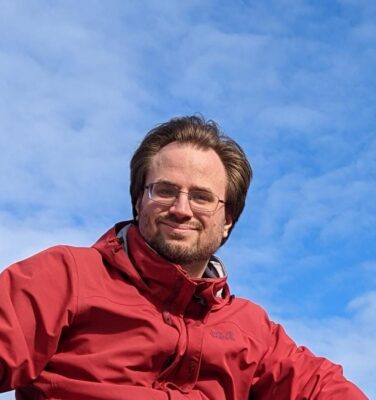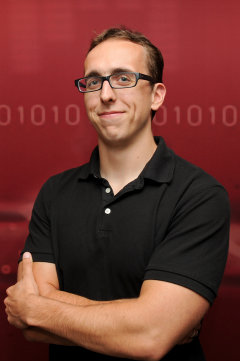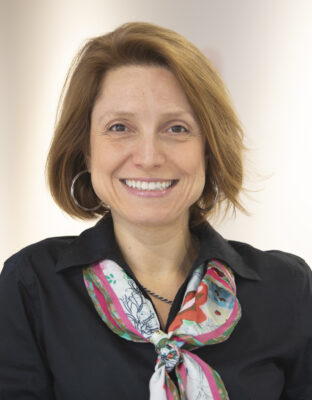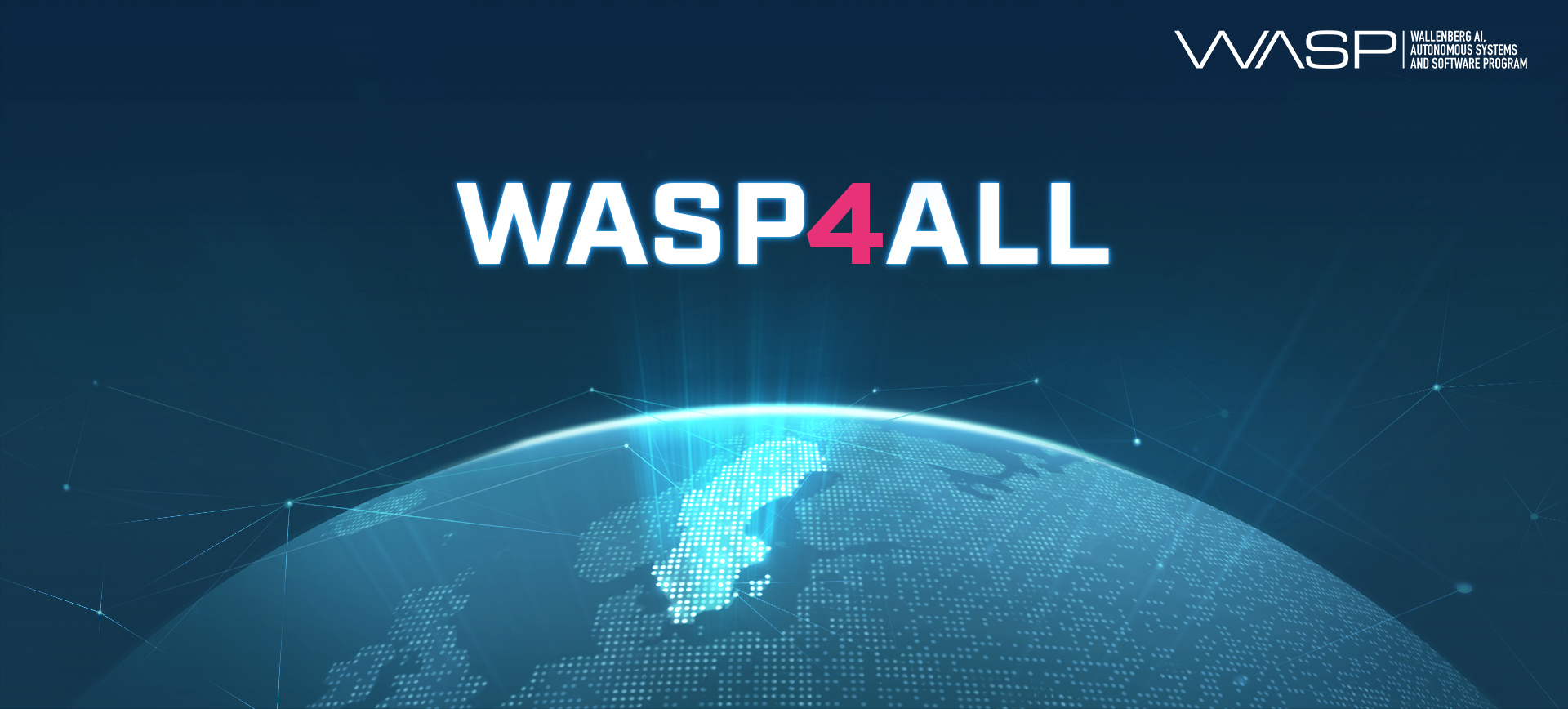Software is the intellectual fuel of modern society and is pervasive in our daily life. It is a key technology in all disciplines and domains. Major advances in software research and development are taking place in industry and academia alike. The interplay and transfer of knowledge between the two sectors is fundamental to the acceleration of digitalization.
WASP invites researchers from academia and industry to participate in the virtual conference WASP4ALL 2022 on May 30th. Here leading international software researchers from academia and industry will discuss state-of-the-art and share recent findings and experiences. We will also have in-depth discussions on how to improve the knowledge exchange between industry and software research across disciplines.
Registration is closed.
Program
Engage during the conference
To engage with other participants and some of the speakers, the online service Wonder.me will be used through the day. More information on how to get going will be notified to registered participants.
10:00-12:00
Insights from industrial research and how to increase knowledge transfer
Welcoming
Anders Ynnerman, WASP Program Director
Carolina Olsson, moderator
Keynote I
Turning AI for Code into AI for Coding
Albert Ziegler, Github
Albert Ziegler is a Staff ML engineer at GitHub. He will talk about AI’s ability to produce code, and illustrate how it can be leveraged to transform the software development process using the example of GitHub Copilot, an initiative to support software developers with their personal AI pair programmer.
Break
Wonder.me will be open during the 15-minute break with the possibility to interact with Albert Ziegler, other participants, and the organizers.
Panel
Leveraging knowledge transfer across sectors and disciplines
-
- Jan Bosch, Chalmers, Software Center
- Görel Hedin, Lund University
- Marie Ekström Trägårdh, SECTRA
- Isabelle Hachette, Interspectral
- Magnus Frodigh, Ericsson
Keynote II
What We Know about Developer Diversity and Inclusion, and How We Can Improve It
Emerson Murphy-Hill, Google
Emerson is a Staff Research Scientist with Product Inclusion at Google. In his talk, he will discuss why software developer diversity and inclusion is important, recent research in advancing our understanding of the problem and solutions, and what computer scientists should do to improve the situation.
Keynote III
Training and Scaling of Large NLP Models
Zenodia Charpy, NVIDIA
Zenodia Charpy is a Senior Data Scientists at NVIDIA. She is one of the leading researchers and part of the global extended team within NVIDIA for Applied NLP Research.
Lunch 12:00-13:00
Wonder.me will be open between 12:00-12:15 and 12:45-13:00
13:00-15:00 Insights from academic research
Insights from academia
Confirmed speakers:
-
- Daniel Gillblad, Chalmers University of Technology
- Emma Söderberg, Lund University
- Phillipp Leitner, Chalmers University of Technology
- Alexandre Bartel, Umeå University
- Rebekka Wohlrab, Carnegie Mellon University
Break
Wonder.me will be open during the 15-minute break to interact with some of the speakers, other participants, and the organizers.
Keynote IIII
What Is Really Different in Engineering AI-Enabled Systems?
Ipek Ozkaya, Software Engineering Institute at Carnegie Mellon University
Ipek Ozkaya is a principal researcher and the technical director of the Engineering Intelligent Software Systems group at Carnegie Mellon University. She will be speaking about the link between AI and software engineering.
Closing remarks
-
- Anders Ynnerman, WASP Program Director
- Jan Bosch, Chair of WASP4ALL Committee
- Carolina Olsson, moderator
After Party
Wonder.me will be open during 15 minutes after the closing remarks for further discussions with some of the speakers, other participants, and the organizers.
Keynote Speakers
 Albert Ziegler
Albert Ziegler
Albert Ziegler is a Staff ML engineer at GitHub Next. After his PhD in Pure Mathematics and Computability Theory, he’s turned to applying machine learning to the software development process, researching coding productivity at Semmle and then joining the ML-on-code group at GitHub. He has been the Copilot project’s resident machine learning expert since its inception.
Abstract
GitHub Copilot transforms how software developers write code by leveraging an AI trained on billions of lines of source code, and putting it into a programmer’s workspace.
This was made possible by the recent advances in large language models like OpenAI Codex. But in what is an intensifying theme in machine learning, the pure task such a model was trained on is importantly different from the environment where it is put into practice.
We will discuss how this presents a challenge both regarding integration and assessment of these models, and will propose a framework for addressing that challenge, assessing their general coding capabilities (both for this particular use case and for related ones) at scale.
 Emerson Murphy-Hill
Emerson Murphy-Hill
Emerson is a Staff Research Scientist with Product Inclusion at Google, leading an effort on improving diversity and inclusion for software developers. Before Google, he was an Associate Professor at North Carolina State University. His research spans human-computer interaction and software engineering, and has been awarded five ACM SIGSOFT Distinguished Paper Awards, an NSF CAREER Award, a VL/HCC Best Paper Award, and a Microsoft Software Engineering Innovation Foundation award.
Abstract
Building software that works for many users is an important business goal, and doing so requires a diverse set of developers to create that software. But the tech industry has a ways to go when it comes to fostering a diverse and inclusive workforce. In this talk, I’ll discuss why software developer diversity and inclusion is important, recent research in advancing our understanding of the problem and solutions, and what computer scientists should do to improve the situation.
 Zenodia Charpy
Zenodia Charpy
Zenodia Charpy is a Senior Data Scientists working at NVIDIA, she is one of the leading researchers and part of the global extended team within NVIDIA for Applied NLP Research.
The team working on applied NLP research is one of many areas NVIDIA focuses on, this means that she also collaborates with hundreds of NVIDIA researchers around the globe.
She has +8 years of solid experience as a data scientist solving real world problems, building end-to-end solutions utilizing Machine Learning, Deep Learning techniques both as an in-house data scientist as well as a data science consultant.
Her current focus is in assisting organizations in Scandinavia to build very large language models with customization and deploy these models to production and apply in real-world use cases.
Abstract
Training very large language models with billions of parameters, is not a trivial task. Through the partnership between WARA media research initiatives and NVIDIA, together, we are pioneering not only training , but also deploying and bring to production very large language models to the masses.
In this keynote, we will first go through why bother to train very large language models, and get a sneak peek on what these models can do, thereafter, briefly touch on the essential ingredients of training such large language models. Among other things, the existence of Berzelius SuperPOD and a software framework allows scaling the model sizes per compute infrastructure without losing performance. These two are crucial to the development of large language models.
Next, we will proceed on highlighting the partnership established between NVIDIA and WARA media committing to train a Scandinavia’s very first 175B GPT3 model. Last but not the least, our ambition in exploring and applying these large language models in downstream use cases as the future works to conclude the talk.
 Ipek Ozkaya
Ipek Ozkaya
Ipek Ozkaya is the technical director of Engineering Intelligent Software Systems group at Carnegie Mellon University Software Engineering Institute (SEI).
Her main areas of expertise and interest include software architecture, software design automation, and managing technical debt in software-reliant and AI-enabled systems.
At the SEI she has worked with several government and industry organizations in domains including avionics, power and automation, IoT, healthcare, and IT. Ozkaya is the co-author of a practitioner book titled Managing Technical Debt and is the Editor-in-Chief of IEEE Software Magazine. She holds a PhD in Computational Design from Carnegie Mellon University.
Abstract
Advances in machine learning (ML) algorithms and increasing availability of computational power are already resulting in huge investments in systems that aspire to exploit artificial intelligence (AI). AI-enabled systems — software-reliant systems that include data and components that implement AI algorithms mimicking learning and problem solving — can demonstrate different characteristics than software systems alone due to the uncertainty involved around decision making. However, AI-enabled systems are, above all, software systems.
The development and sustainment of these systems have many parallels with building, deploying, and sustaining software systems. Research programs in software engineering will need to focus on the challenges that AI elements bring to software analysis, design, construction, deployment, maintenance, and evolution. This presentation will explore foundational software engineering practices and research gaps in software engineering of ML systems.



